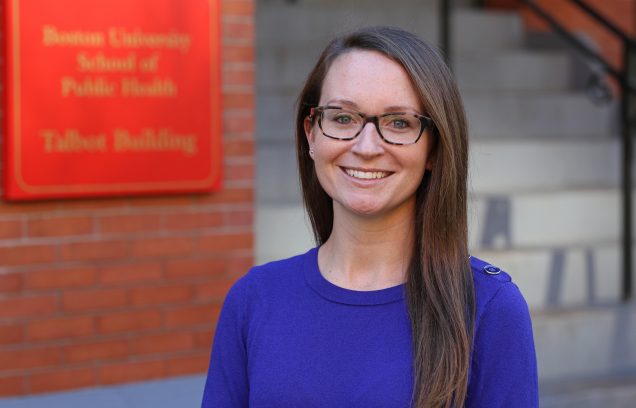Boston ARCH Comorbidity Center Overview and Administrative Core

We are delighted to announce the newly-awarded, NIAAA-funded Boston ARCH Comorbidity Center, which represents an extension of the decade of work of the URBAN ARCH Boston Cohort. The overall aims of the Center, that we now call ARCHER, which stands for Addressing Related Comorbidities for HIV by Employing Remote technologies, are twofold. First, we will conduct e-health clinical trials research on scalable approaches to address the HIV-associated conditions chronic pain and physical inactivity in people living with HIV (PLWH) with unhealthy alcohol use. Second, we will support secondary analyses of the existing URBAN ARCH Boston Cohort, and provide support and mentoring to trainees and investigators accessing these cohort data. The work of the URBAN ARCH Boston Cohort was led by Dr. Richard Saitz, who passed away earlier this year and was integral in developing the proposal for ARCHER, alongside Dr. Michael Stein. Dr. Stein, a primary care internist and Chair of Health Law, Policy, and Management at Boston University School of Public Health, will now lead ARCHER, which the Center team sees as another legacy of Dr. Saitz whom the alcohol research community admired so greatly.


ARCHER is made up of four components: an Administrative Core, a Biostatistics and Data Management resource core, and two research project components– a chronic pain trial and a physical activity trial. The Administrative Core (AC) is led by Dr. Stein and Ms. Kara Magane, Administrative Director of the Center. The AC will coordinate both Research Project Components, and lead cross-component efforts, assuring quality and efficiency. The goal of the AC is to provide support for, coordinate, and assure the program and scientific objectives of ARCHER are met efficiently. The specific aims of the Administrative Core are to:
- Provide a rich research environment for ARCHER investigators and trainees, and assure efficient progress of high-quality alcohol and HIV comorbidity/co-occurring condition science;
- Centralize support for Research Project Component clinical trial implementation (e.g. Data Safety Monitoring, digital clinical trial recruitment and enrollment, ecological momentary assessments, alcohol biomarker tests), beyond what would be achievable by individual stand-alone projects;
- Facilitate secondary data analysis, data sharing, and publication from analyses of Boston ARCH cohort data related to pain, physical inactivity, and physical and mental health function;
- Offer resources and mentoring for early career investigators interested in engaging in alcohol and HIV research;
- Engage in collaborative science within and beyond The Administrative Core, with its scientific and administrative leadership and coordinated activities, will be essential for assuring that ARCHER achieves its goals to reduce alcohol and HIV-associated comorbidities.
The AC is currently working closely with the investigators leading the other components (Heeren, Palfai, Quintiliani, Abrantes) to develop strategies and approaches for overcoming unique challenges associated with implementing e-health clinical trials entirely remotely in this hard-to-reach population of PLWH with unhealthy alcohol use. Some areas of focus include:
- Remote biospecimen sample collection for alcohol biomarker testing;
- Online recruitment strategies (i.e. study-specific digital advertisements on social media platforms, websites, search engines, etc) and partnering with vendors who have extensive experience in online study recruitment and enrollment;
- Confirming HIV diagnosis for eligibility/inclusion criteria;
- Internet and device reliability and accessibility for study participants;
- Ecological Momentary Assessment (EMA) data collection (methods, collection via smartphone application or text message).
We invite investigators, new and old, to contact us and develop new papers and proposals using our existing URBAN ARCH Boston cohort data. And please follow our progress as we pursue purely virtual, nationwide, and behavioral intervention trials, using research lessons learned during these pandemic years.